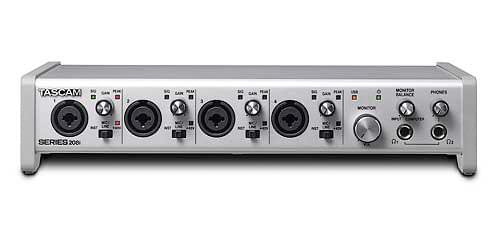|
Supported Operating Systems
- Windows: Windows 11 (version 25H2), Windows 11 (version 24H2), Windows 11 (version 23H2), Windows 11 (version 22H2), Windows 11 (version 22H1), Windows 10 (version 22H2), Windows 10 (version 21H2), Windows 10 (version 21H1), Windows 8.1, Windows 7
- Mac: macOS Tahoe (v26), macOS Sequoia (v15), macOS Sonoma (v14), macOS Ventura (v13), macOS Monterey (v12), macOS Big Sur (v11), macOS Catalina (v10.15), macOS Mojave (v10.14), macOS High Sierra (v10.13), macOS Sierra (v10.12)
- iOS: iOS 26 / iPadOS 26, iOS 18 / iPadOS 18, iOS 17 / iPadOS 17, iOS 16 / iPadOS 16, iOS 15 / iPadOS 15, iOS 14 / iPadOS 14, iOS 13 / iPadOS 13, iOS 12, iOS 11, iOS 10
|
30.01.2026 |
 |
|
